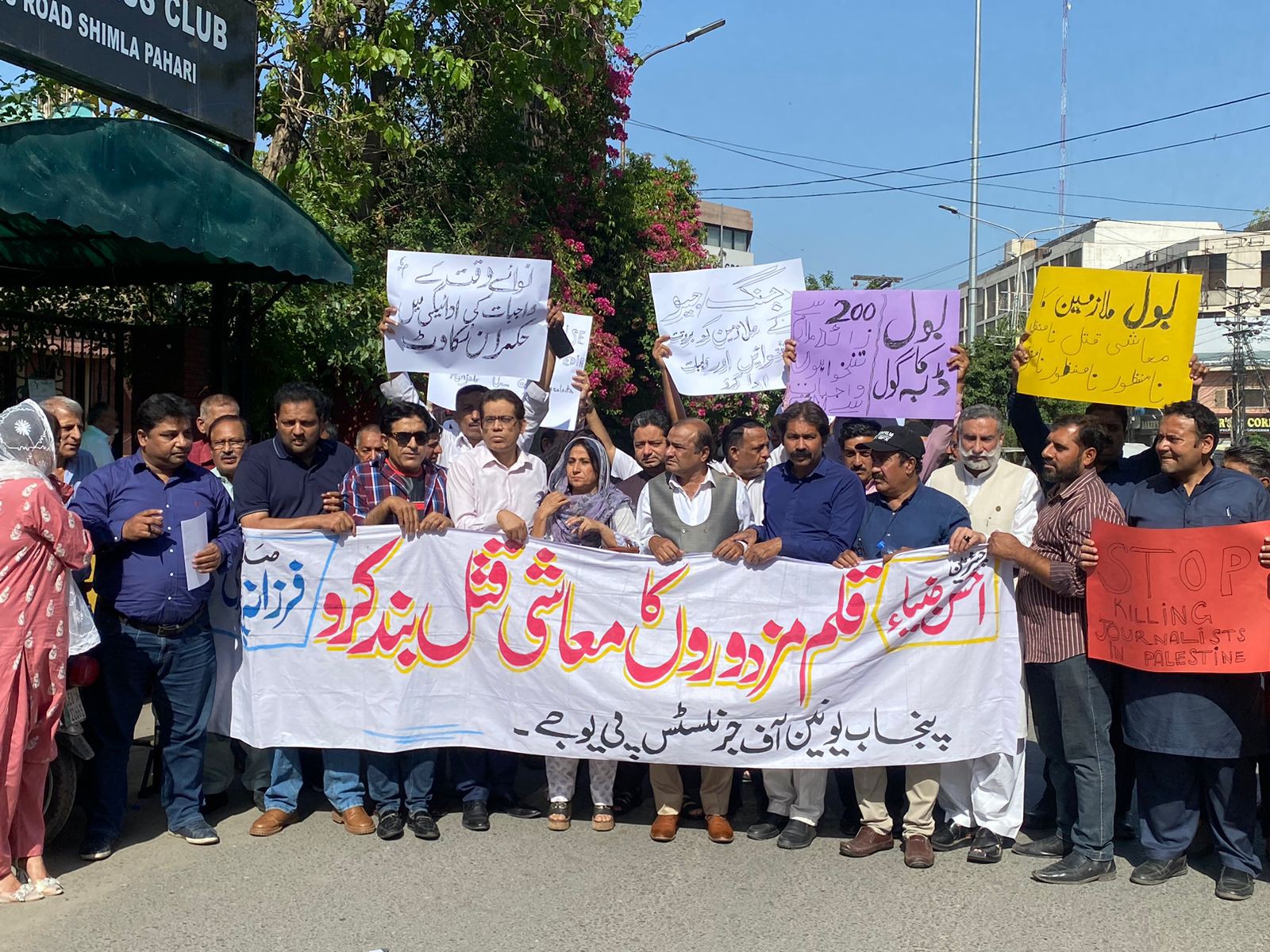By: Kashif Nawab
On World Press Freedom Day, it’s crucial to address the stark challenges facing Pakistan’s media landscape. Press freedom, essential for democracy, faces threats from censorship and violence against journalists. Pakistan’s history reflects a turbulent relationship with press freedom, marked by censorship and manipulation, particularly during military regimes.
Journalists in Pakistan encounter significant obstacles, including censorship, violence, legal restrictions, and economic pressures. These challenges hinder their ability to report on crucial issues and maintain independence. Despite constitutional guarantees, journalists often face intimidation and attacks, with laws like the Pakistan Electronic Crimes Act (PECA) used to suppress dissent. Economic dependence on government-backed advertising compromises editorial independence.
Press freedom is more than a principle; it’s fundamental to democracy. In Pakistan, a free press is essential for transparency, accountability, and amplifying marginalized voices. Defending press freedom requires legal reforms to protect journalists, ensuring accountability for attacks, promoting media diversity, fostering media literacy, and garnering international support.
As Pakistan strives for democracy, protecting press freedom is paramount. By dismantling legal barriers, ensuring accountability, promoting media diversity, fostering media literacy, and garnering international support, Pakistan can safeguard its press freedom and strengthen its democratic foundations.


